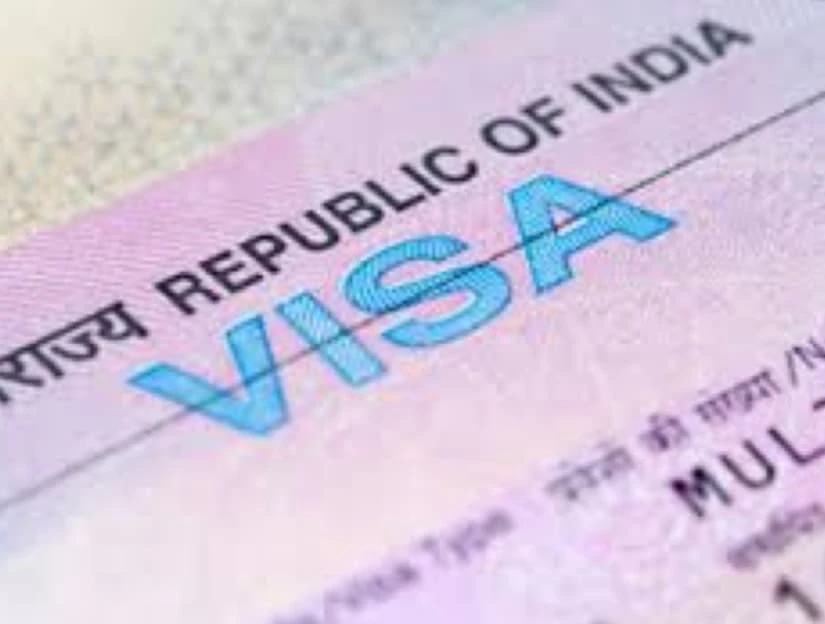If you are planning on travelling to France or Germany, you will likely need a visa. There are a few different types of visas that you may be eligible for, depending on your nationality and the country you are visiting. In this article, we will provide you with information on the best ways to get a French or German visa, based on your specific situation. AMERICAN VISA FOR FRENCH CITIZENS
How to get a French or German visa
If you are planning on visiting one of these countries, you will first need to obtain a visa. This can be done in a variety of ways, depending on the type of visa you are applying for. The following are some of the most common methods:
-Apply through your home country’s embassy or consulate: many embassies and consulates accept visa applications online. You will need to provide your passport information, as well as any other documents required for your specific visa type.
-Apply at a French embassy or consulate: many French embassies and consulates have designated counters specifically for visa applications. There may be additional documentation required for certain visas (e.g., a medical examination), so please check the requirements carefully before making an appointment.
-Apply at a German embassy or consulate: German embassies and consulates accept visa applications from all over the world, but there may be specific requirements that must be met in order to qualify for a particular type of visa. For example, if you plan on traveling to Germany for tourism purposes only, you will not need a work or residency permit. However, if you plan on living in Germany permanently, you will likely require either a work or residence permit. Please consult with the nearest German embassy or consulate to get specific information about their visa application process. AMERICAN VISA FOR GERMAN CITIZENS
Method 1: Apply Online
There are a few different ways to get a French or German visa, depending on what type of visa you need.
Method 1: Apply Online
The easiest way to get a French or German visa is to apply online. Many embassies and consulates now have websites where you can apply online. You’ll usually need to provide your passport information, along with some other documentation such as your birth certificate or school transcript. You may also be asked to take a digital photo of yourself. Once you’ve submitted your application, you won’t need to visit the embassy or consulate again unless there are problems with your application.
Method 2: Visit A Local Embassy Or Consulate
If you don’t want to apply online, you can always visit a local embassy or consulate. This is the traditional way to get a French or German visa, and it’s still the easiest option. Most embassies and consulates now have staffed offices where you can apply in person. However, this method is more time-consuming than applying online, and it may require additional documents such as your passport copy and police report if you’re applying for a tourist visa.
Method 2: Go to the Embassy or Consulate
If you are applying for a French or German visa through your home country’s embassy or consulate, be prepared to provide supplemental documentation such as a police report, proof of residency, and letters of invitation from friends or family in the host country.Likewise, if you are applying for a visa at a foreign embassy or consulate, be prepared to present your passport along with application forms and documents that support your reasons for travel. Some common supporting documents include letters of invitation from friends or family in the country you are visiting, proof of financial stability (a recent bank statement), and a photo ID.
Method 3: Contact a Visa Specialist
If you are looking to travel to France or Germany and want to apply for a visa, there are a few things you should do. First, make sure that you have all of the required documents. You will need your passport, a visa application form (available at most embassies or consulates), and enough money to cover the cost of your visa application.
Next, you will need to find an accredited visa specialist. These professionals are trained in providing visas and can help you with all of the required paperwork. They will also be able to provide information on the visa requirements for your destination country. Finally, make sure that you schedule an appointment with your specialist as soon as possible so that they can properly prepare your application.
Method 4: Use a French or German Visa Consultant
If you are planning on travelling to France or Germany, it is important to find a reputable visa consultant. There are many unlicensed consultants out there who charge high fees for their services. By using a reputable consultant, you can be sure that your application will be processed quickly and that you will not incur any unnecessary costs.
Here are some tips for finding a qualified French or German visa consultant:
- Research the available candidates. There are many qualified French and German visa consultants available online. You can also contact your local embassy or consulate for recommendations.
- Ask around. Friends, family, and colleagues may have personal knowledge of reputable visa consultants. If you cannot find a suitable candidate through research or networking, ask the local immigration department if they know of any good candidates.
- Check credentials and reviews. Before hiring a French or German visa consultant, it is important to check their credentials and reviews online. Make sure that the candidate has experience in the area of visas and immigration law.
- Meet with the candidate in person. Once you have found a suitable candidate, meet with them in person to discuss your needs and requirements for a French or German visa consultation. This will give you the opportunity to feel comfortable with them before making an appointment.”
